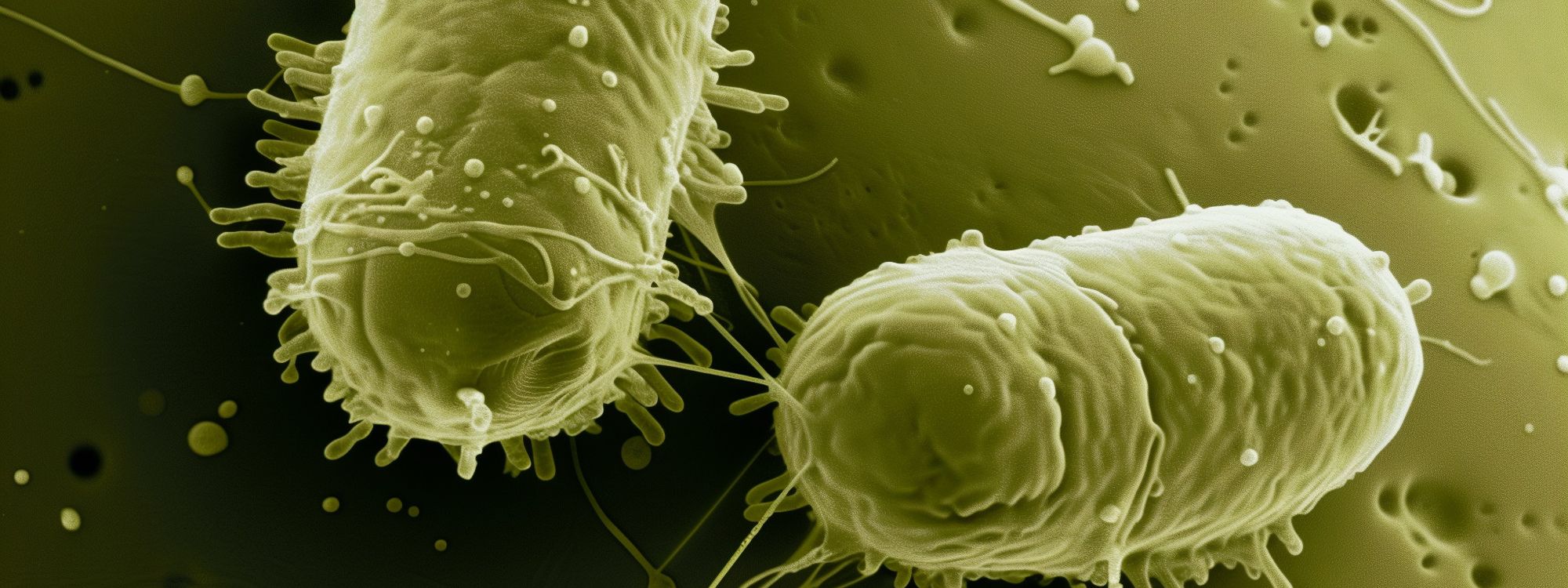
Escherichia coli, often abbreviated as E. coli, is a type of Gram-negative bacteria that is commonly found in the intestines. While most strains of E. coli are harmless, some can cause serious health issues, including Urinary Tract Infections (UTIs).
E. coli is responsible for a significant portion of UTIs, accounting for up to 90% of cases in individuals with no concurrent risk factors or complications. Moreover, the recurrence rate of a UTI caused by E. coli is approximately 44% within 12 months after the initial infection.
E. coli is usually detected in urine during laboratory tests performed to identify the cause of symptoms associated with UTIs. These symptoms may include discomfort or a burning sensation during urination, frequent urge to urinate, cloudy urine with an unpleasant odor, lower abdominal or kidney pain, chills, fever, excessive sweating, and discomfort during sexual intercourse.
UTIs caused by E. coli are more prevalent in women due to certain anatomical characteristics, such as a shorter urethra and a urinary opening closer to the anal region. Additionally, the absence of bactericidal activity in female prostatic secretions, alongside factors like pregnancy and diabetes, further increases the risk.
Not all E. coli strains can cause UTIs. The ones that can are referred to as "uropathogenic." These strains possess adhesion factors that enable them to attach to the membrane of uroepithelial cells through protein structures known as adhesins. Located at the end of thin filaments projecting from the bacterium's wall, these adhesins bind to a specific sugar molecule found on the surface of uroepithelial cells.
Individuals harboring uropathogenic strains in their intestines are at a higher risk of developing E. coli-induced UTIs. These infections can affect different parts of the urinary system, including the urethra (urethritis), bladder (cystitis), kidneys (pyelonephritis), or prostate (prostatitis).
Complicated UTIs and pyelonephritis predominantly occur in elderly patients with structural anomalies in the urinary tract or obstructive problems. In severe cases, E. coli can enter the bloodstream, leading to a systemic reaction that could result in disseminated intravascular coagulation, a condition associated with a poor prognosis.
E. coli is generally susceptible to several antibiotics, including trimethoprim, sulfamethoxazole, ciprofloxacin, and nitrofurantoin. The choice of antibiotic and treatment duration depend on the patient's clinical history and urine test results. In cases of recurrent cystitis caused by E. coli, a prolonged daily therapy or postcoital prophylaxis with antibiotics may be employed.
In addition to antibiotic treatment, several strategies can be adopted to prevent E. coli-induced UTIs. These include drinking plenty of water daily, urinating when necessary, preferring showers to baths, cleaning the genital area and urinating post-sexual intercourse, and avoiding scented sprays and showers for intimate hygiene as they can irritate the urethra.
Natural remedies such as American cranberry juice can also help by inhibiting the adhesion of the bacterium to the urinary tract walls. However, while some sources attribute a direct antimicrobial activity against E. coli to bearberry, its bactericidal effect remains uncertain.